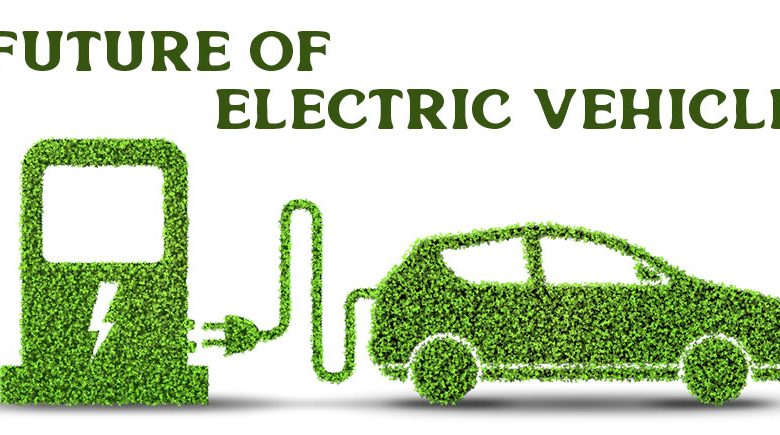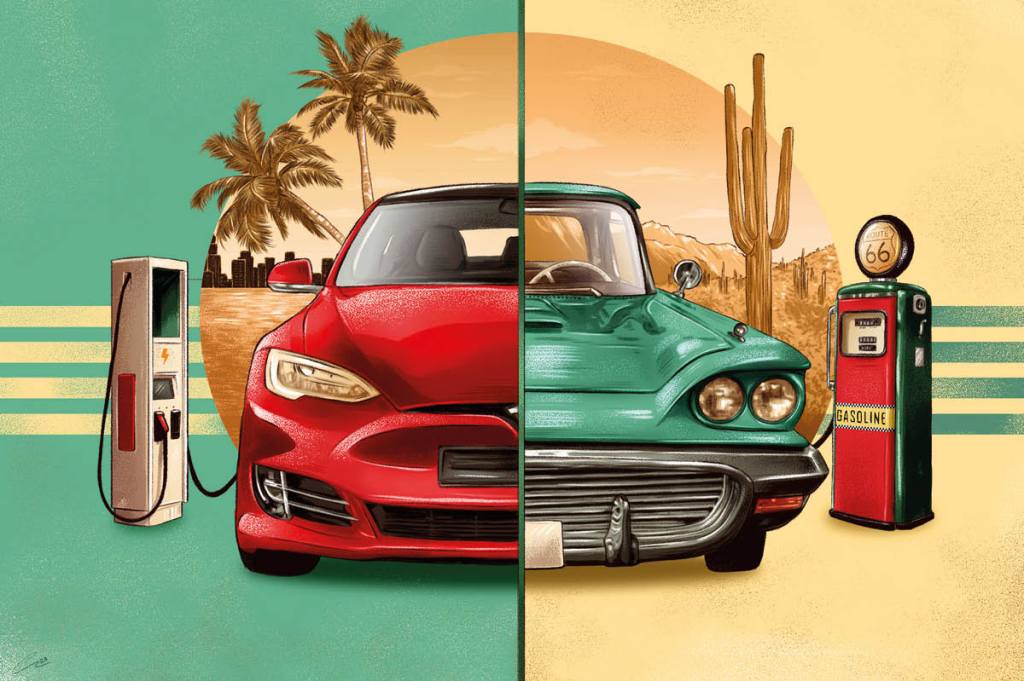The Future of Electric Vehicles: Tech Advancements to Expect

Electric vehicles (EVs) are transforming transportation. As technology evolves, their future looks promising. From better batteries to smarter systems, EVs are shaping the automotive industry.
What are Electric Vehicles?
Electric vehicles use electricity as their main power source. Unlike traditional cars, they don’t rely on fossil fuels. They run on rechargeable batteries. EVs reduce pollution and save energy. Their popularity is rising globally.
Better Battery Technology
Battery advancements are key to EV growth. Current batteries limit range and take time to charge. However, solid-state batteries are on the horizon. These batteries offer longer ranges. They also charge faster and last longer. Manufacturers are investing heavily in this area.
Lithium-ion batteries are improving too. Enhanced designs increase capacity and efficiency. This ensures that EVs can travel further on a single charge. Recycling old batteries is also a focus. It makes EVs more sustainable.
Faster Charging Stations
Charging infrastructure is improving quickly. New stations offer ultra-fast charging. These can power an EV in under 30 minutes. Wireless charging is also being developed. It removes the need for cables.
More charging stations are being installed worldwide. Governments are supporting this expansion. Convenient access to chargers boosts EV adoption.

Smarter Driving Systems
Technology is making EVs smarter. Advanced driver-assistance systems (ADAS) are common now. These systems improve safety. Features like lane-keeping, adaptive cruise control, and automatic braking are becoming standard.
Autonomous driving is also evolving. Self-driving EVs may dominate roads in the future. Companies are testing driverless technology. It aims to make travel safer and more efficient.
Renewable Energy Integration
EVs are embracing renewable energy. Solar-powered charging stations are gaining traction. They reduce dependence on traditional electricity grids.
Some EVs come with solar panels. These panels charge the battery while the car is parked. Wind energy is also being explored for charging stations. This shift reduces carbon footprints further.
Lightweight Materials
Lightweight materials enhance EV performance. Reducing vehicle weight increases range. Advanced composites like carbon fiber are used now. Aluminum and magnesium alloys are popular too.
These materials make cars lighter yet durable. They also improve energy efficiency. Manufacturers are adopting these materials to meet consumer demands.
Enhanced Connectivity
Connected EVs are the future. Internet of Things (IoT) integration allows seamless communication. Drivers can control features remotely using apps. Real-time updates improve the user experience.
Connectivity also enhances navigation. Traffic updates and route suggestions save time. Vehicle-to-grid (V2G) technology is another innovation. It allows EVs to share stored energy with the grid.
Cost Reduction
EV costs are dropping steadily. Battery production is becoming cheaper. Mass production reduces overall manufacturing costs. Government incentives further lower prices.
Affordable EVs attract more buyers. This trend will continue as technology advances.
Improved Energy Storage
Energy storage is vital for EVs. Researchers are exploring new ways to store electricity. Supercapacitors may replace batteries in some cases. These devices charge faster and last longer.
Energy storage solutions are also crucial for renewable energy integration. Better storage ensures consistent power supply.
The Role of Artificial Intelligence
Artificial Intelligence (AI) plays a significant role in EVs. AI optimizes energy use. It predicts maintenance needs. AI also assists in autonomous driving.
Machine learning algorithms improve driving efficiency. They analyze data and suggest improvements. AI ensures a smoother and safer driving experience.
Challenges Ahead
Despite advancements, EVs face challenges. Limited charging infrastructure in some areas remains a hurdle. Battery disposal raises environmental concerns. High initial costs deter some buyers.
However, ongoing research aims to overcome these obstacles. Collaboration between governments and private companies is essential.
Future of Urban Mobility
EVs are reshaping urban mobility. Electric buses and bikes reduce traffic and pollution. Shared EV programs are gaining popularity. These programs make EVs accessible to more people.
Urban planning also focuses on EV-friendly designs. Dedicated EV lanes and parking spaces are becoming common.

Global Impact
The rise of EVs impacts the world positively. They reduce greenhouse gas emissions. Dependence on fossil fuels decreases. Energy-efficient transportation becomes a reality.
Governments are setting ambitious EV adoption targets. These policies accelerate the transition.
Conclusion
The future of electric vehicles is exciting. Technological advancements promise better performance and affordability. With global support, EVs will dominate the roads. They are paving the way for a cleaner, smarter future.




